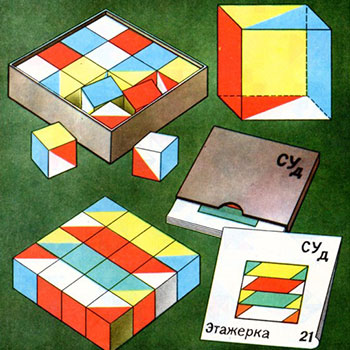![enter image source here]()
Consider the figure. Let the charges #-6C, 4C# and #-1C# be denoted by #q_1,q_2# and #q_3# respectively.
Let the positions at which charges are placed be in the units of meters.
Let #r_13#be the distance between the charges #q_1 and q_3#.
From figure
#r_13=1-(-2)=1+2=3m#
Let #r_23#be the distance between the charges #q_2 and q_3#.
From figure
#r_23=9-1=8m#
Let #F_13# be the force due to charge #q_1# on the charge #q_3#
#F_13=(kq_1q_3)/r_13^2=(9*10^9*(6)(1))/3^2=6*10^9N#
This force is repulsive and is towards charge #q_2#.
Let #F_23# be the force due to charge #q_2# on the charge #q_3#
#F_23=(kq_2q_3)/r_23^2=(9*10^9*(4)(1))/8^2=0.5625*10^9N#
This force is attractive and is towards charge #q_2#.
The total force or net force on charge #q_3# is the sum of above two forces.
Since the above two forces #F_13# and #F_23# are in same direction therefore they can be added directly.
Let #F_3# be the total force on the charge #q_3#.
#implies F_3=F_13+F_23=6*10^9+0.5625*10^9=6.5625*10^9N#
#implies F_3=6.5625*10^9N#
Since #F_13 and F_23# are toward the charge #q_2# therefore the force #F_3# is also toward the charge #q_2#.

